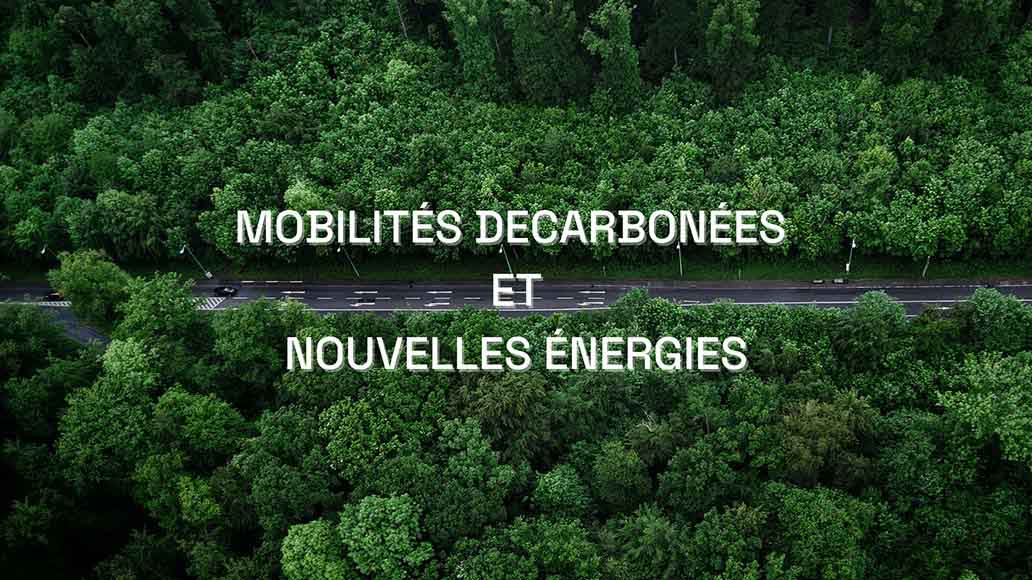Decarbonization: ESTACA designs a post-master’s degree to reduce the environmental impact of transport

ESTACA offers a post-master’s degree on its Paris-Saclay campus. Low-carbon Mobility and New Energies. Right at the heart of emerging needs in aeronautical, automotive, urban, rail and naval transport, this training course will prepare future players in new forms of mobility. The aim is to design and optimise methods of transport that meet the challenges of low-carbon mobility and reduce environmental impact. Applications are now open for the start of term in October 2023.
Supporting decarbonisation in transport and driving change in environmental impact
At the start of the 2023 academic year, the ESTACA post-master’s degree in “Low-carbon Mobility and New Energies” will be added to the range of courses on offer. This new course will design the mobility of tomorrow, looking for ways breaking the dependence on fossil fuels, reducing air pollution and noise pollution, while integrating solutions to economic and social issues.
The programme aims to provide engineers with a global and forward-looking vision of the challenges and impacts of low-carbon energies and energy carriers. At the end of the course, engineers will design an innovative project that takes into account the entire value chain of the resources used (circular economy). The course aims to provide a body of knowledge enabling the use of hybrid energy sources, various storage systems including the power electronics chain and system modelling tools. Appropriate energy management and control of the chosen motorisation solution will allow optimal design of the energy conversion system. Cross-disciplinary skills in project management, business understanding, regulatory, economic and environmental issues will complete the training.
Specific skills for engineers
Open to both continuing education and initial training, this post-master’s degree is aimed at engineers or graduates with a Master 2 in science or 5 years’ study in engineering. The course will last one year and will comprise 450 hours of training and 24 weeks in a company. Six companies are partners to this post-master’s degree:
Futura Mobility, Avions Mauboussin, Flying Whales, SNCF, Groupe Renault and Airbus Engineering France. Applications for the programme are now open and will run until July.
Find out more and apply
Mastère Spécialisé Mobilités Décarbonées et Nouvelles Energies













